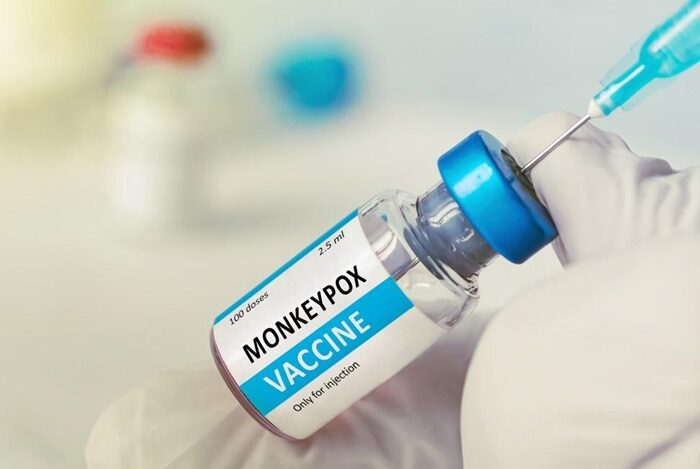
A German spokesperson disclosed that Germany is committed to donating 100,000 mpox vaccine doses to Africa, in addition to offering assistance to the countries most affected by the mpox outbreak.
The spokesperson, as seen in Reuters also revealed that the German government plans to provide the World Health Organization (WHO) with flexible funding options through various avenues to battle mpox, along with assistance for its African partners through the GAVI vaccine alliance.
Currently, Germany’s army has stockpiled approximately 117,000 doses of Jynneos, which it acquired in 2022.
Last week, fellow European state, France, also committed to sending 100,000 doses of the mpox vaccine to regions most affected by the disease, as seen on Yahoo News. The Prime Minister of the country noted that France would donate the vaccines as it prepares to launch vaccine centers within its borders.
“These doses will be distributed through the European Union to regions where the virus is circulating widely,” the prime minister said.
According to the African Union health agency, arrangements with the European Union and Danish pharmaceutical company Bavarian Nordic, whose vaccine was authorized in 2019, will enable the shipment of some 200,000 vaccines throughout Africa.
On Friday last week, Austria’s Health Minister Johannes Rauch, relayed that the country would be aiding Africa in its fight against the spread of the virus by donating mpox vaccines.
“Austria is ready to donate Mpox vaccine to African countries. The recent Mpox outbreak is endangering the lives and health of tens of thousands of people there. I support @SKyriakidesEU’s call for coordinated action by EU countries,” he disclosed via his X account.
“We will clarify the exact number of doses and the organizational details with the EU Commission immediately,” he added.
Austria possesses 34,000 doses, which can be used for up to 170,000 vaccinations, as recommended by the National Vaccination Committee.
mpox outbreak
On the 14th of August, the World Health Organization declared the monkeypox (mpox) epidemic a worldwide emergency. This followed the disease’s outbreak in several African countries, most notably in East Africa. In July, the governments of the East African Community’s eight member states launched a campaign to educate their populations about the disease’s risks.
Dr. Tedros Adhanom Ghebreyesus, Director-General of WHO, designated the mpox outbreak in the Democratic Republic of the Congo (DRC) and a rising number of African nations a public health emergency of international concern (PHEIC) under the International Health Regulations (2005).
As seen in the organization’s official site, different clades of mpox have broken out in various countries in Africa, each with its own mode of transmission and danger levels.
With over 500 deaths at the time from the virus, the Africa Centers for Disease Control and Prevention had also declared the virus a public health emergency and asked for assistance from neighboring countries to stop its spread.










